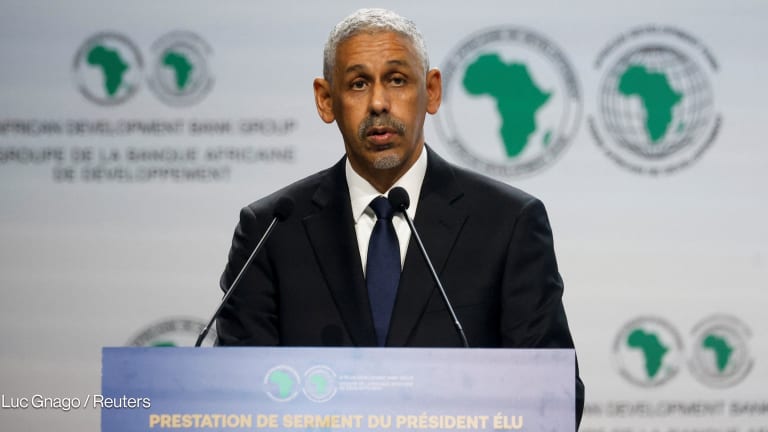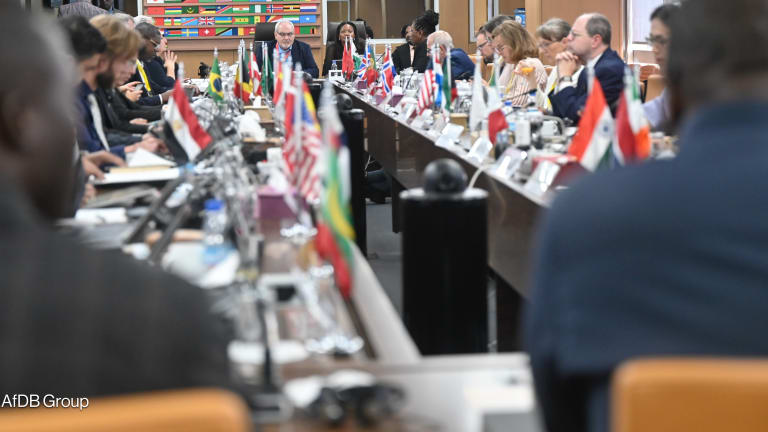The recent $100 billion replenishment of the World Bank’s International Development Association — a record amount — marks a significant milestone in supporting low-income countries.
While this outcome fell short of the $120 billion we, African leaders, called for in April during the IDA21 Replenishment Summit in Nairobi, it is nonetheless a critical step forward. These funds represent hope and an opportunity for millions of Africans and signal the commitment of global partners to address the immense challenges we face.
The summit in Nairobi underscored Africa’s pivotal role in solving global crises and the importance of IDA as a cornerstone for development financing.
Printing articles to share with others is a breach of our terms and conditions and copyright policy. Please use the sharing options on the left side of the article. Devex Pro members may share up to 10 articles per month using the Pro share tool ( ).








